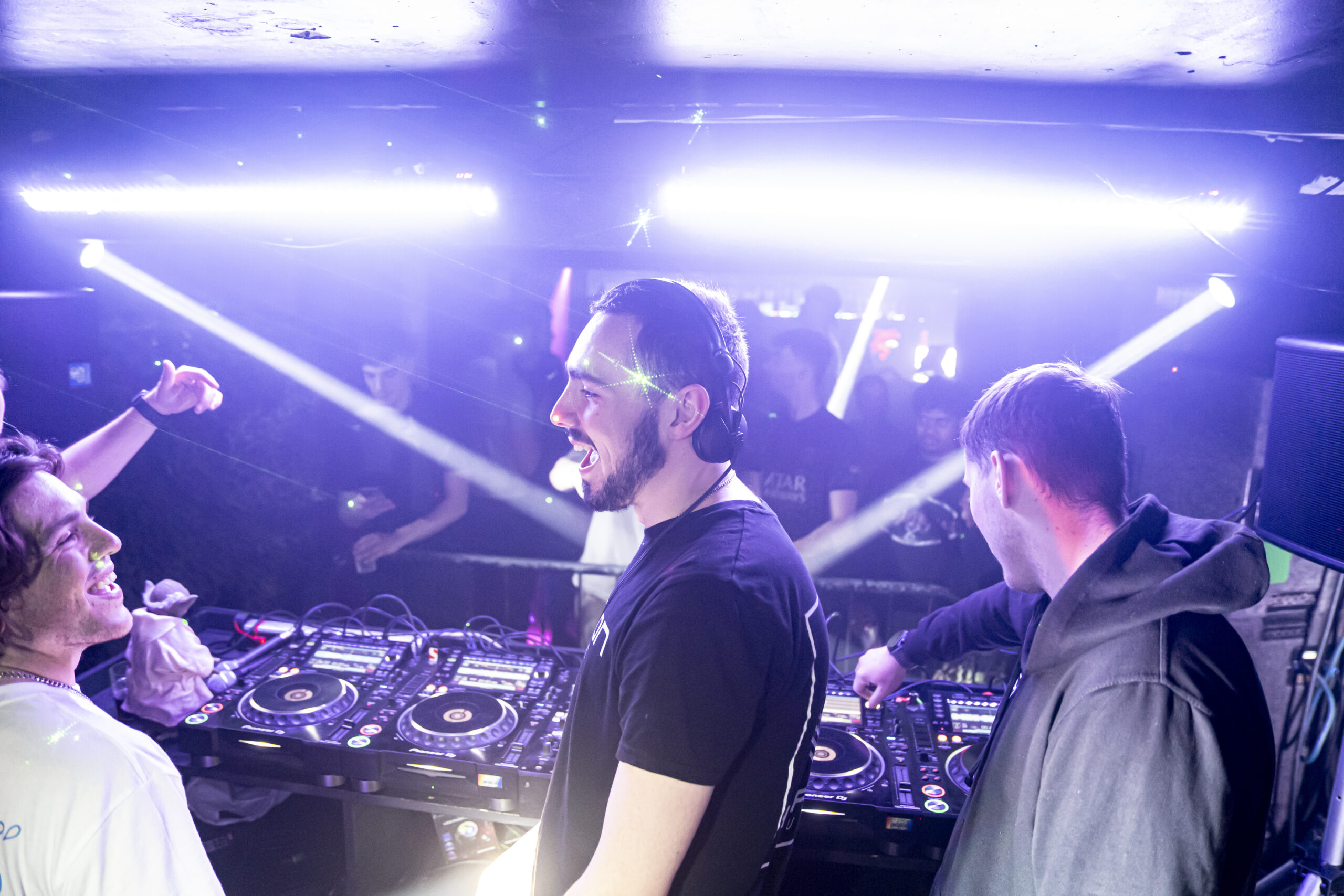The Grassroots Crisis
The Grassroots Crisis
Alarming Statistics
You may have heard that 37% of clubs in the uk have had to close down in the last 5 years. That’s over 400 venues, and it’s not slowing down. It makes sense why, when all we seem to hear about it the rising cost of living post pandemic but what implication does this have on the dnb scene specifically?
For ravers, it means we have less places to rave. Smaller clubs are especially affected as they have less financial resources than big clubs – a quiet couple of months is almost a certain death sentence.
For DJs, it means there are less opportunities for bookings. To keep themselves afloat, up comers and headliners have had to jack their set fees up – not a direct concern for the raver but this is where it gets tricky.
For the promoters, especially grassroots (upcoming brands) our go-to local venues have been disappearing before our eyes and the cost of running events has significantly risen. What options do we have? Either spend more money to book a bigger club to increase the number of tickets we can sell; find another affordable club and hike up ticket prices to cover the additional costs; or cut the costs and don’t book big names.
Which option would you go with? Drop your thoughts in the comments below.

Each route has its own challenges, as a lot of us don’t have the money to be risking on larger events. That leaves us with the tough choice of demanding more money from ravers, or sacrificing the big names on the lineup.
Answer honestly, how often have you been to a rave in the last few years where you didn’t recognise any of the names on the lineup? If your answer is more than zero, you might agree that these events often have amazing atmospheres and you’ll spend a shed load less than you would at a multi-room rave with a dozen of the biggest names in the scene (both are great but it’s unlikely you’ll go to an underground night with such high expectations)
These underground nights are the real basis of the scene. Your favourite world-touring DJ likely played to 0-10 people for their first few events until they were given a shot in front of a proper crowd, as do most aspiring headliners today. Who knows, your mate who started DJing in the kitchen at an afters could be the next Andy C, but isn’t getting the opportunities to gain key experience on club-level equipment in front of a crowd (or even an empty room).
New Landscape
You could say the new grassroots is online as we see everyone and their dog (no joke – I’ve actually seen this) posting their mixes to Instagram and TikTok, but by the time these DJs are getting booked to play in front of 500 people, they’ve barely played in front of 5. Given, we’ve seen some stars rise from the online world – FMS and Titan, who have proven themselves time and time again since breaking out of the screen and onto the big stage, but they would tell you themselves, those first few shows are near impossible to prepare for. The pressure of playing on a full CDJ setup to a crowd of ravers paying good money to see their favourite artists are expecting this internet sensation to live up to the hype they’ve attracted online.
There’s a lot less on the line if you play your first set to an empty room and accidentally cut the music in the middle of a drop. Once those issues get ironed out, playing to 50 people feels much more manageable. And as the shows scale, it is easier to adapt because you’re doing the same thing you were in front of your mates who didn’t pay anything to come and watch you in a dingy sweat-box under some uni bar.
How can we facilitate the upcoming DJs to grow organically then? Try going to a free event in a small local venue and give the DJs a chance to prove themselves. You might even be surprised at how much talent and enthusiasm you come across.
In the meantime – I’d encourage aspiring DJs to post longer form content. Bring back Soundcloud mixes! It’s a much better way to demonstrate your ability to create a journey with your mix and grow a solid fan base around your sound, as opposed to video editing skills and the ability to hit an algorithm.
